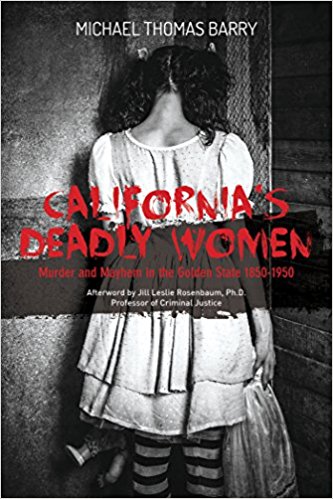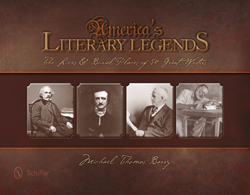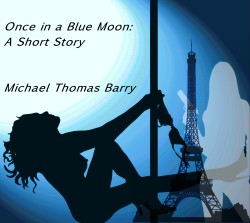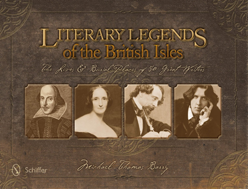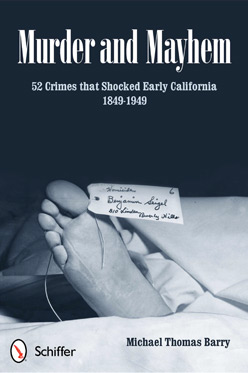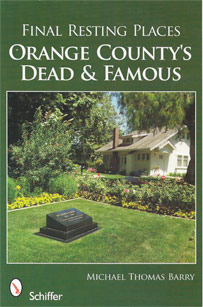02.20
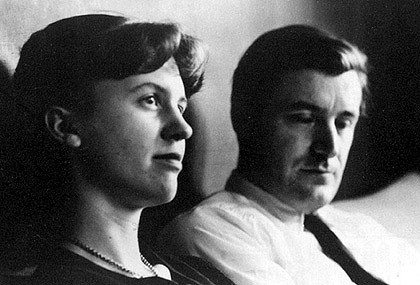
This week (February 20-26) in literary history – Poet Dylan Thomas arrived in New York for first U.S. readings (February 20, 1950); Poet Edna St. Vincent Millay was born (February 22, 1892); Johann von Goethe died (February 22, 1832); Poet John Keats died (February 23, 1821); Novelist James Herriot died (February 23, 1995); Wilhelm Grimm was born (February 24, 1786); John Milton married Elizabeth Mynshull (February 24, 1662); Sylvia Plath met Ted Hughes (February 25, 1956); Tennessee Williams died (February 25, 1983); Christopher Marlowe was baptized (February 26, 1564); Victor Hugo was born (February 26, 1802).
Highlighted Story of the Week –
On February 25, 1956, Sylvia Plath met Ted Hughes, at a party in Cambridge, England. The two poets fell in love at first sight and married four months later. Plath was born on October 27, 1932 in Boston, her father was a professor at Boston University and was an expert on bumblebees. Plath’s father died at home in October 1940 after a lingering illness that consumed the energy of the entire household and left the family penniless. Sylvia’s mother went to work as a teacher and raised her two children alone.
Sylvia was an outstanding student and won a scholarship to Smith, published her first short story, “Sunday at the Mintons,” in Mademoiselle while she was still in college, and then won a summer job as “guest managing editor” at the magazine. After the job ended, she suffered a nervous breakdown, tried to commit suicide, and was hospitalized. She returned to school to finish her senior year, won a Fulbright to England, and went to Cambridge after graduation, where she met Hughes. They married on June 12, 1956. The couple moved to Boston in 1958 and Plath attended poetry workshops with Robert Lowell, whose confessional approach to poetry deeply influenced her. Hughes won a Guggenheim fellowship in 1959, and the pair returned to England, where Plath had her first child.
Her first poetry collection, Colossus, was published in 1960 to favorable reviews. The couple bought a house in Devon and had a second child in 1962, the same year that Plath discovered that her husband was having an affair. He left the family to move in with his lover, and Plath desperately struggled against her own emotional turmoil and depression. She moved to London and wrote dozens of her best poems in the winter of 1962. Her only novel, The Bell Jar, a semi-autobiographical account of a college girl who works at a magazine in New York and suffers a breakdown, was published in early 1963, but received mediocre reviews. With sick children, frozen pipes, and a severe case of depression, Plath took her own life in February 11, 1963, at age 30. Hughes edited several volumes of her poetry, which appeared after her death. Plath was buried at the Heptonstall Church cemetery in West Yorkshire, England.
Check back every Friday for a new installment of “This Week in Literary History.”
Michael Thomas Barry is the author of six nonfiction books that includes Literary Legends of the British Isles and America’s Literary Legends.

